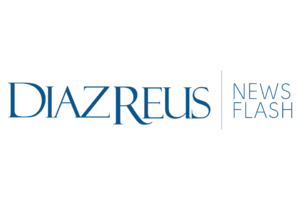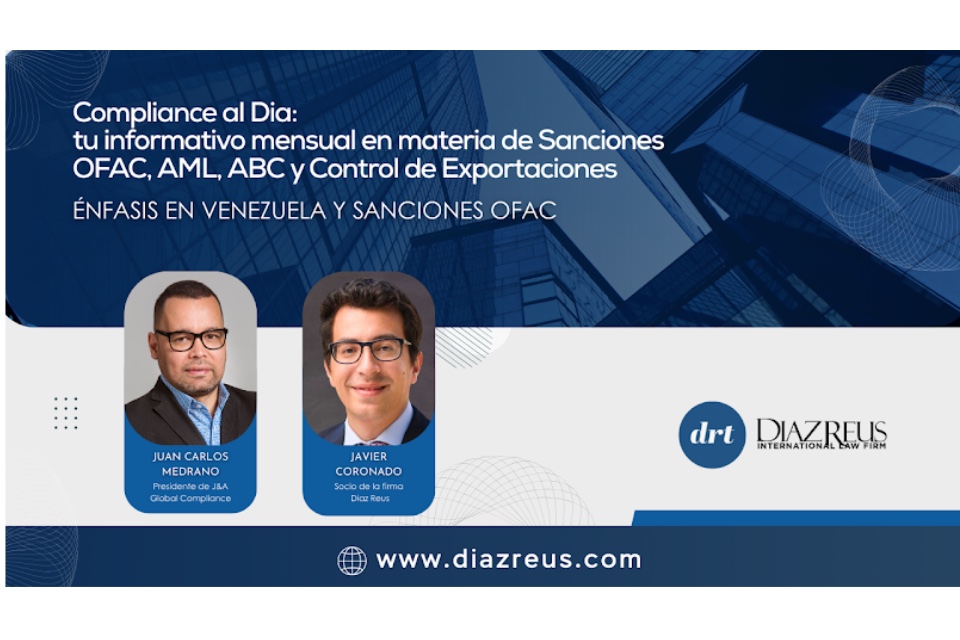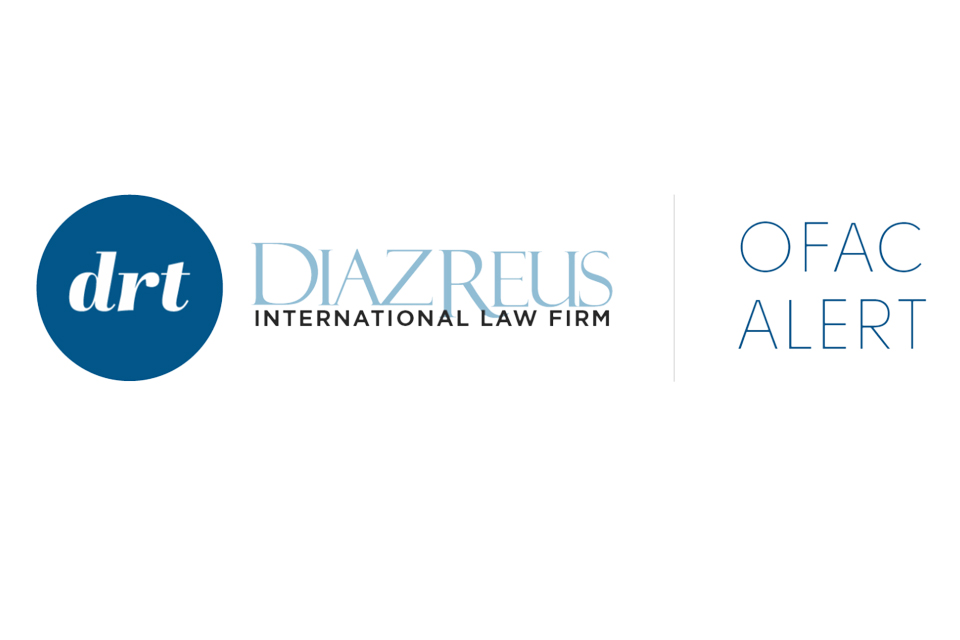 On September 6, 2019, the Department of the Treasury’s Office of Foreign Assets Control (OFAC) amended its Cuban Assets Control Regulations (CACR) to further implement President Trump’s foreign policy toward that country. First, OFAC amended its authorizations regarding family remittances to (i) define $1,000 as the maximum amount of money that one remitter can send to one Cuban national as a family remittance per quarter, and (ii) exclude close relatives of certain officials of the Government of Cuba and members of the Cuban Communist Party as authorized recipients of family remittances. OFAC also eliminated its authorization for donative remittances to Cuba.
On September 6, 2019, the Department of the Treasury’s Office of Foreign Assets Control (OFAC) amended its Cuban Assets Control Regulations (CACR) to further implement President Trump’s foreign policy toward that country. First, OFAC amended its authorizations regarding family remittances to (i) define $1,000 as the maximum amount of money that one remitter can send to one Cuban national as a family remittance per quarter, and (ii) exclude close relatives of certain officials of the Government of Cuba and members of the Cuban Communist Party as authorized recipients of family remittances. OFAC also eliminated its authorization for donative remittances to Cuba.Second, OFAC eliminated the CACR regulations allowing banking institutions subject to U.S. jurisdiction to process funds transfers originating and terminating outside U.S., when the originator and beneficiary of the transfer were persons not subject to U.S. jurisdiction, commonly known as “U-turn” transactions. Instead, pursuant to OFAC’s amendments, banking institutions subject to U.S. jurisdiction now are required to reject these transactions.
Lastly, to encourage the growth of a Cuban private sector independent of the regime, OFAC amended the CACR to authorize unlimited remittances to certain self-employed individuals and independent non-governmental organizations in Cuba.
These OFAC changes to the CACR will take effect on October 9, 2019 to give all subject persons a month to understand them. Organizations subject to U.S. jurisdiction and foreign entities that conduct business in or with the U.S, U.S. persons, or using U.S.- origin goods or services should take great care to update their compliance programs to prevent enforcement actions by the U.S. Government. For example, in UniCredit Bank AG and Acteon Group Ltd. the subject companies agreed to pay significant monetary penalties and enhance their compliance programs for certain violations of the CACR.














